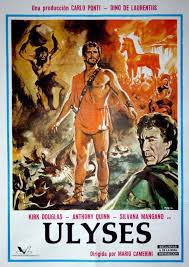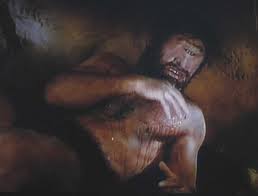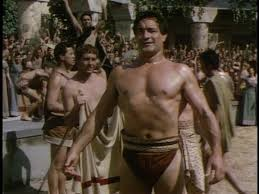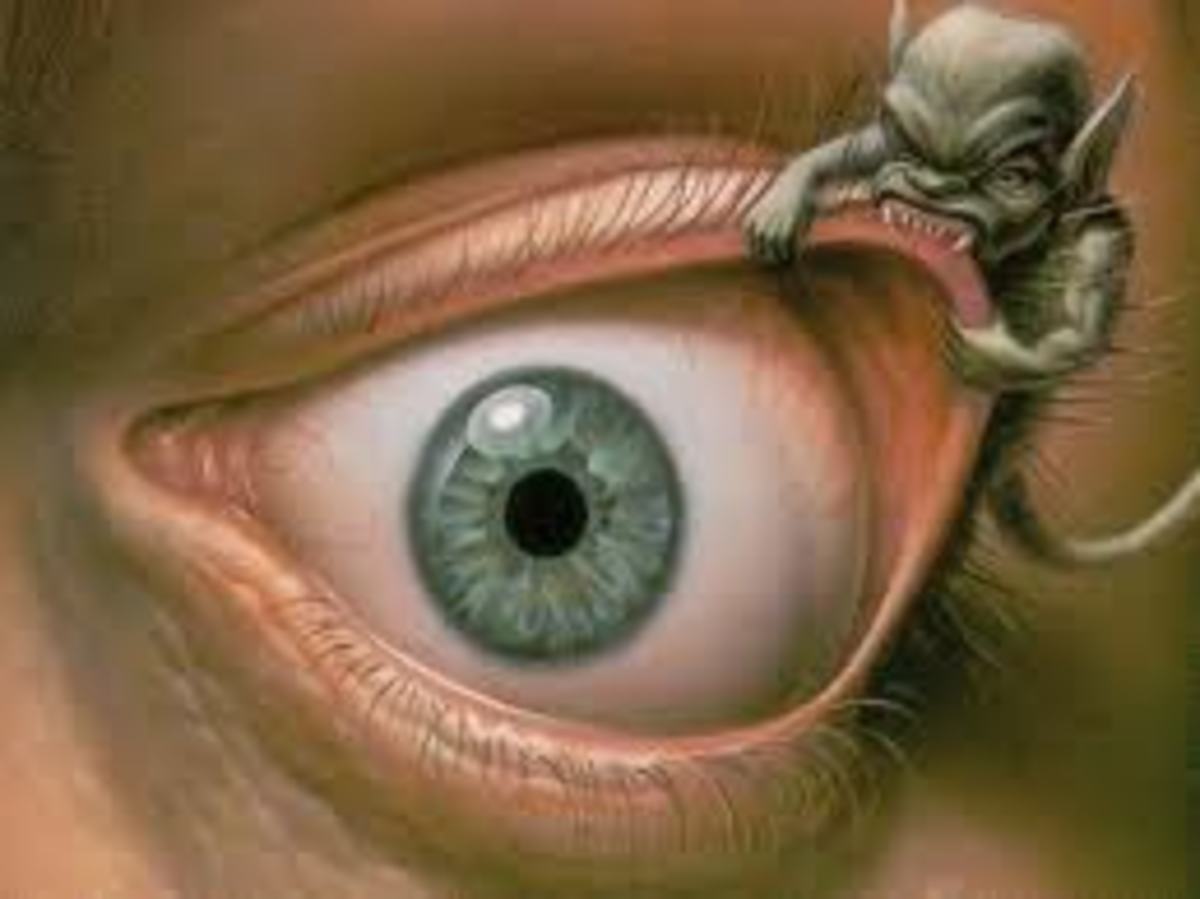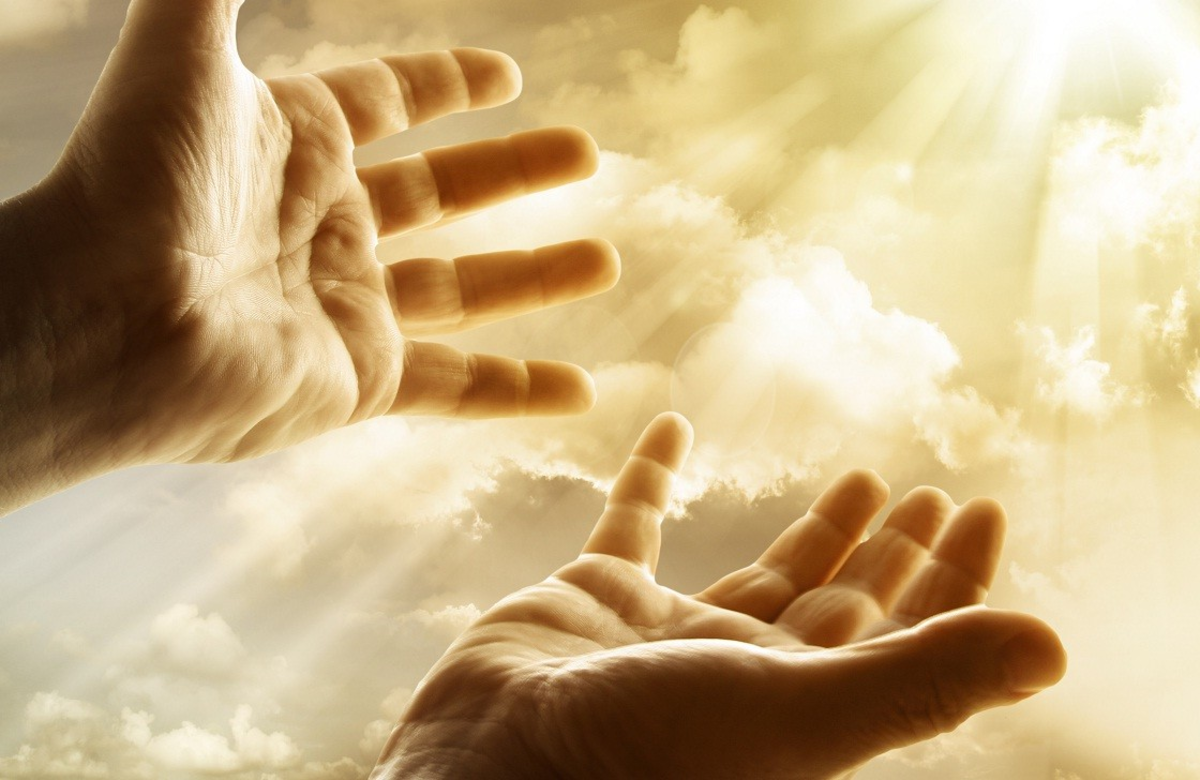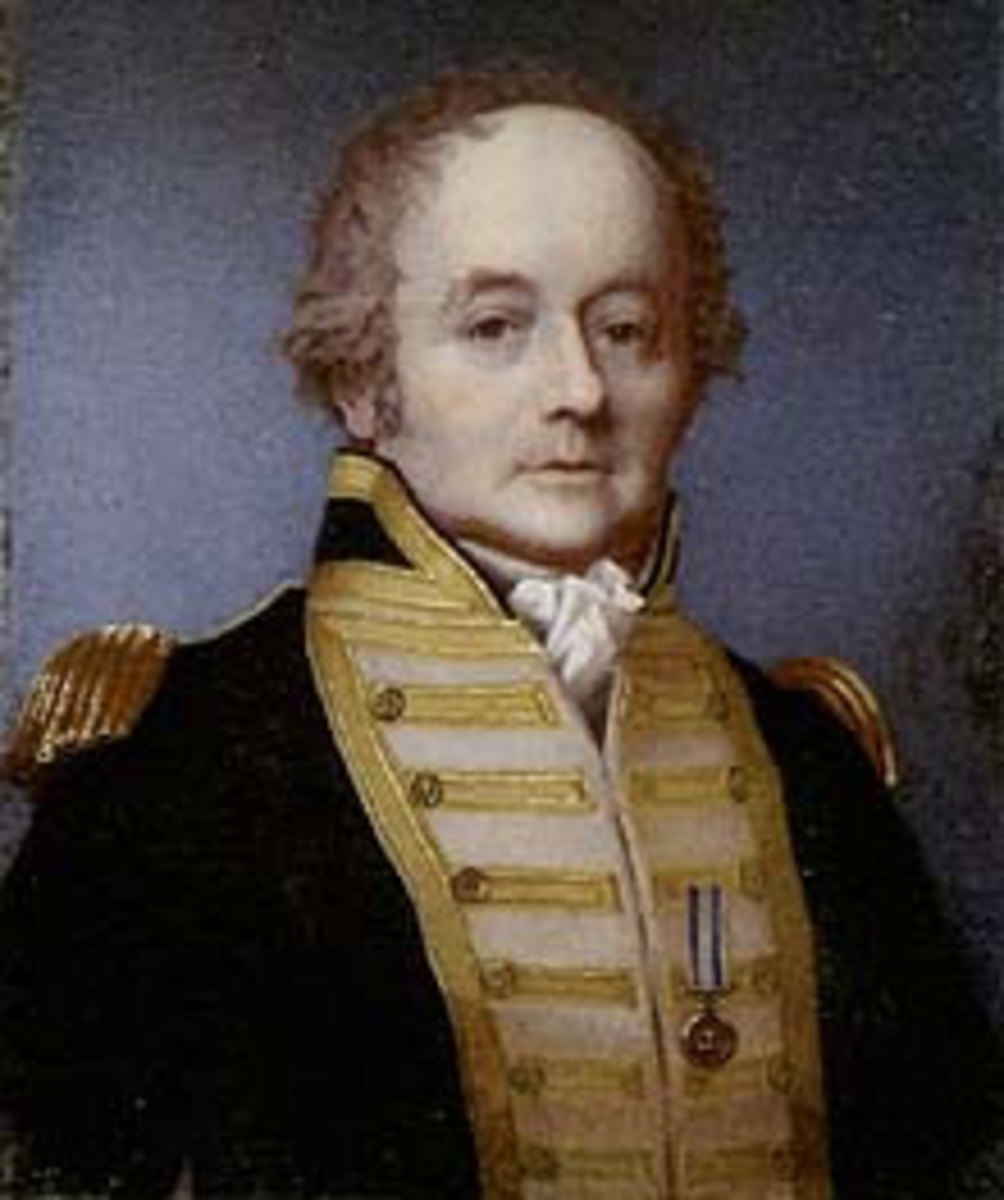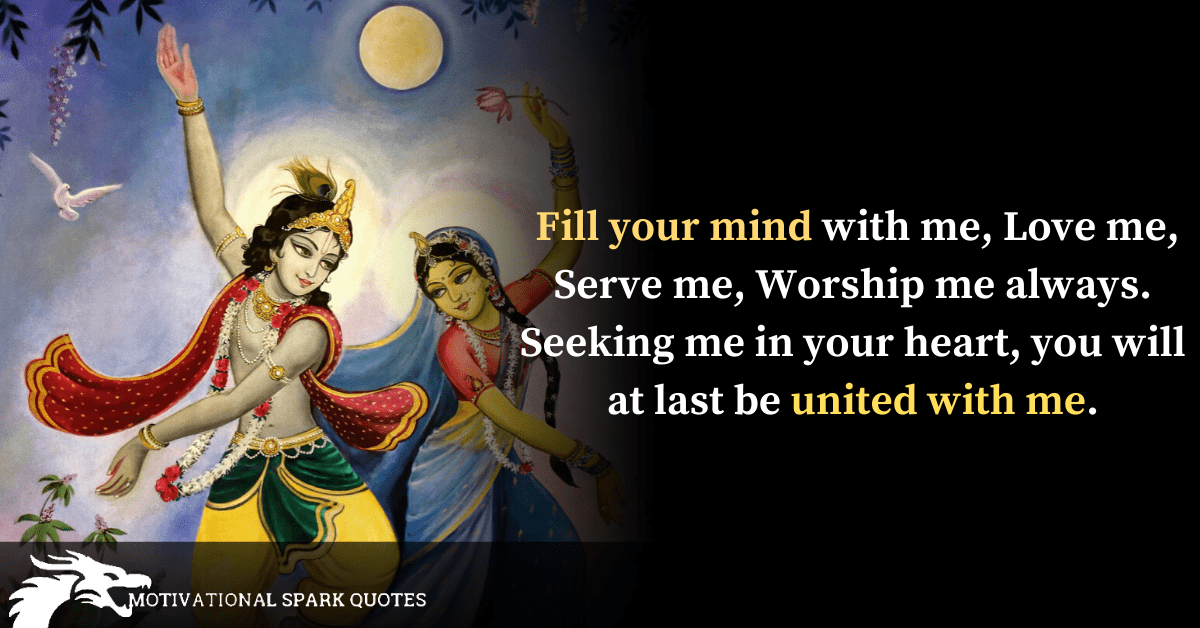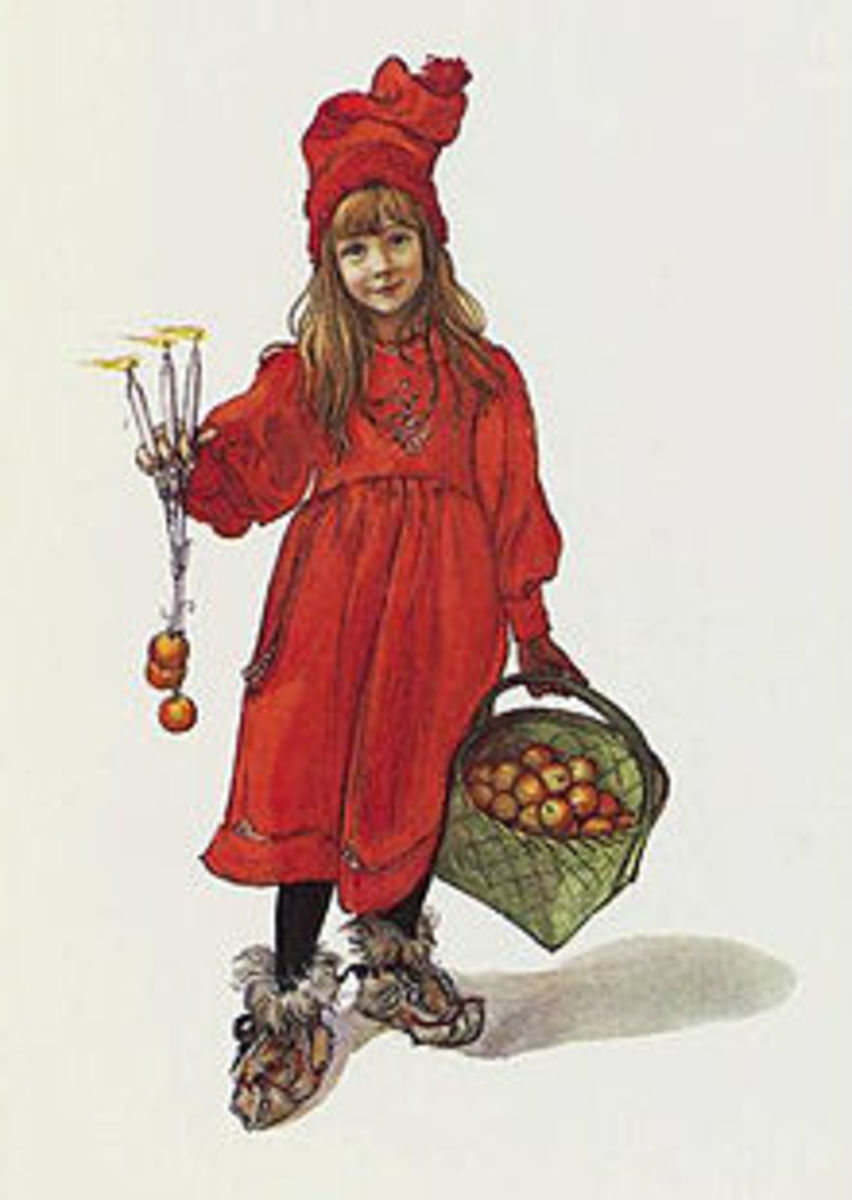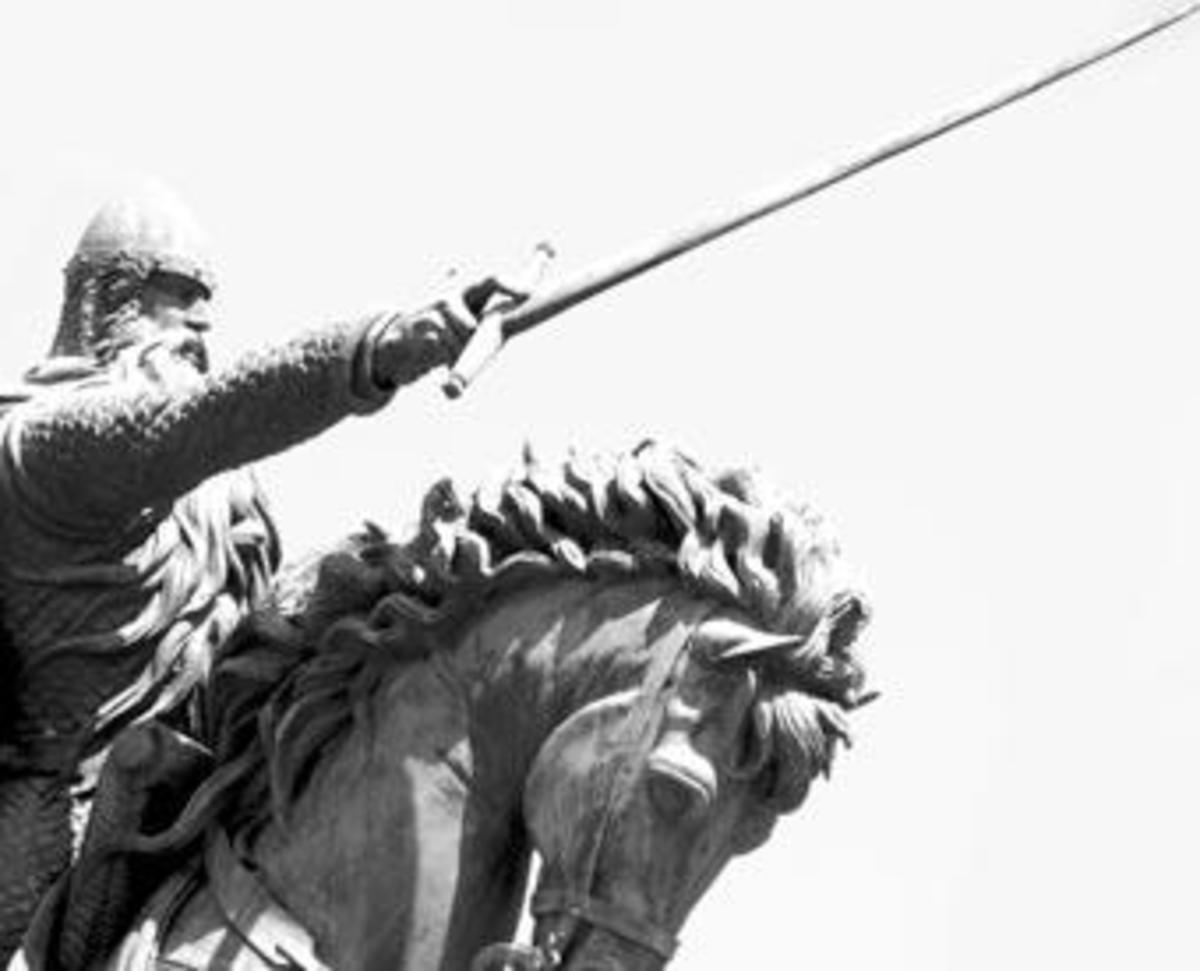Temptation as a Force in The Odyssey
Temptation as a Force
There are twelve adventures in the Odyssey where Odysseus and his crew visit islands or lands that result in consequences. In a few of these encounters there are losses of fleets, crews and Odysseus’s men. Eventually the rest of his personal crew and vessel follow.
The visitations to these lands are usually the result of some form of temptation on behalf of the crew or Odysseus. The motives seem to revolve around the medieval concept of “the seven deadly sins”, a matter that our pre-Christian sailors would probably have attributed to the inconsistencies of our human nature or the will of the gods.
In a way, the adventures form a type of ring, bringing our hero Odysseus full circle, as if he were playing a character in some Wagnerian drama of surreal places, magic and legend all folded into the lore of a figure on a quest.
I would not necessarily describe temptation as a form of weakness as it appears in The Odyssey. This is a natural feeling that arises in all people. I would argue that temptation in the Odyssey is a force, backed by some form of human desire that prods Odysseus and his crew to investigate the unknown in hope of rewards. Odysseus and his warriors have just completed years of war. The sacrifices endured at Troy would leave them with a natural expectation of rest and if gifts or tribute became available, all the better for their return to their homeland.
The first land that the Greeks encounter on the way back from Troy is in Thrace (Ismaros). The crews raid what essentially are allies of the recently defeated Trojan empire. They sack the Ciconians (Kikones) for horses, women and rations, including a substantial amount of wine, (not necessarily in the order of desire?) Here we experience the temptation of gluttony as “much wine is drunk”. The crews revolt against Odysseus’s order to go back to sea again.
Why? I would say that it seemed unreasonable to the crew in their time of feasting on the beach to understand the necessity to hurry. They may have perceived the order as an attempt at control by Odysseus or possibly that their leader did not want them to lose their discipline that he had when they were soldiers at Troy. The fleet was not without prizes taken from the siege of Troy. Perhaps avarice played a role here in that they had not satisfied the wants of the entire fleet and they were seeking more before their expected quick return to Ithaca.
The result of the delay of course was that time was given to the Circonians to gather forces and attack so that the crews are only able to escape under cover of night back to their ships with the loss of six men.
After this first catastrophe, Zeus called up a storm that forced Odysseus’s fleet to sit it out. They moored near an unnamed island until the dawn of a third day. At this point, it is hinted by Odysseus that they were within sailing distance of his home but the current took them out to sea and a gale pushed the ship southward.
The wind drives the fleet for nine days, to the mysterious land of the Lotus-eaters. A reconnoiter is ordered and three of his crew fall victim to the honeyed plant, the Lotos, producing a drug-like stupor. They do not report, all responsibility being forgotten (sloth in a way). Apparently, this drug is so overwhelming that if it were not for Odysseus driving them back to the ships all hope of reaching home would be lost. This example plays out the temptation of addiction, a form of gluttony so powerful that one’s priorities can be neglected.
The third encounter is one of the most interesting. The island of the Kyklopes, which are described as giants, louts without a law to bless them. The Kyklopes are representative of the deadly sin of sloth. They are neglectful of aspects of agriculture and it seems, any form of hard work. It is here that Odysseus implies certain superiority, falling into the deadly sin and temptations of pride. He does this by boasting about humans as masters of tilling and planting and the obvious sign of advanced civilization; namely, the construction of vessels to sail from place to place. Odysseus is impulsive and to satisfy his curiosity, he pushes his men to check out the inhabitants.
The result of this inquiry of course is to bring another catastrophe upon his men. He was in expectation of hospitality and gifts and instead subjected his crew to become victims of cannibalism. Six more of his crew are lost in this encounter in payment for his folly as they serve for meals at a rate of two each time.
Odysseus, as a part of his discipline, had remembered to bring the potent wine from Apollo’s holy grove that he had received as a gift from Euanthes son, Maron, here serves it to satiate the gluttony of the Kyklopes.
This is perhaps the strangest adventure. If Odysseus is on a type of quest, it rounds out an explanation that no matter what the labor, there will be persecution, losses and no material gain other than experiences of the diverse in the world.
There is also a change here. The crew begins to see Odysseus is out for himself. He is greedy for experiences. The boasting that they witnessed upon their escape revealed how much temptation to express Odysseus’s pride he was willing to go. Even to the point of the loss of all. It may have also revealed more about the reason why he at first presented himself as a “nobody” to the giant. Odysseus temporarily remedies their suspicions by distributing the booty from his victory over the son of Poseidon.
As they sail on to Aeolia, the focus is changed to the temptations of the crew. After a month of relaxation, Odysseus is given a parting gift, a bag with as silver string that contains all of the wind powers necessary to ensure a quick and safe return home. Now by this time we know that the crew no longer trusts Odysseus. They see this bag as a selfish parting gift that he is unwilling to share with the rest of the crew. Perhaps in their imaginations, they see the bag as full of gold or silver coins. They were filled with envy. We are informed “temptation had its way with my companions” (Odyssey P. 166) and as Odysseus slept they untied the bag, once again when they were almost home. Instead the old wind bag blows the vessels back to the island of the wind god again. This time Aeolis surmises somewhat correctly that anger is being expressed on behalf of some god or gods against Odysseus, and therefore refuses further help .Seven days later they visit the land of the Laestrygonians, a race of giants in the north. Odysseus makes a strategic mistake (or is this somehow subliminally intentional?) here by allowing his fleet to anchor in the harbor where there are overhanging sheer cliffs, while his ship anchors outside the enclosure. A recon mission of three men reveals that these are man eaters and the whole fleet plus eight of his own crew from his craft become victims like one huge spear fishing party. As a crewman, I would have revolted after witnessing this event!
They set sail, much aggrieved by what the survivors had witnessed; they fall into the clutches of Kirke on the island of Aiaia. Of course, a recon crew stumbles onto the palace and all but Eurylokhos fall victim to her witchcraft, being cast into swine. Can we blame these weary travelers who sought out a rest in a pleasant beguiling voice?
The temptation to creature comforts in the lap of luxury confounds the crew. Odysseus persuades Kirke to return them to the form of men but she is no doubt aware of his vanity and plays on this fault to win him to her side in the flawless bed. A type of lust of forgetfulness envelopes our hero, until he is called into remembrance by his crew of Ithaca.
A strange voyage to the underworld follows, and you could probably write this one off as a business trip. Odysseus seeks advice, gets an itinerary on home, he agrees to perform a strange ritual and burial. He learns in his second voyage of the fate of the great heroes of the Greeks, but ironically not any of the famous Trojans. The temptation to peek beyond the veil and learn of the truth of the afterlife is perhaps the greatest of all human thirsts. Our mortality, our fear of the unknown and knowing that we will someday face an end is tough to endure. When Odysseus is finally allowed to leave the island of Kirke, she informs him of the route to send him on his way and provides him with several cautions in confidence. Odysseus does not inform his crew of the total picture. This brings us to mind once again of the question: Why? Is this Odysseus brimming once again with vainglory? Does he see himself in god-like form compared to ordinary mortals because he is a man now twice dead and born again while his crew will remain twice dead? Or was his success at peeking beyond the veil of this life so altering of mind that he no longer cared about the crew?
The Island of the Sirens approaches. Odysseus had neglected to inform his men of the danger of hearing their song and how it will cause a man to forget his wife and children. He desires to fulfill the lust of the senses by hearing their song, something Kirke had spoken of that he may hear but it was not a command. Curiosity compels him against reason and he takes precautions for the crew and himself. The real question comes to mind:”What was the song of the Sirens?” I believe that it was once again a form of temptation. False thoughts that look back on the past making you forget any future destiny, and wallow in the memories of your accomplishments.
The next adventure following closely to the experience of the Sirens is the strange choice by Odysseus to avoid the passing of the clashing rocks as Jason had done so long ago and take the far more hazardous route against the Scylla and Charybdis. I believe this reflects a very selfish motive on behalf of Odysseus. He did not wish to travel where others had already been. He knew that he would take losses, and this tends to back the possibility that his mind had changed since returning from Hades, no longer caring about his crew. He loses six more of his crew between the twin threats. Odysseus may have been considering personal fame. To take the way that Jason had gone was not the way for Odysseus. As a risk taker, adventurer, curious to know the former unknowns, he lets more of his men die.
The next adventure leads them to the Island of Helios. It is here that the crew rebels against the advice of Odysseus. At this point, why not? Can the crew trust that what he told them was true this time? It seems unreasonable that an island full of pacified animals in their time of dire need for rest is forbidden. Also, we have the previous experiences of always landing on islands and investigating. Why would their commander suddenly not wish to explore an island?
It is here that I feel that the crew received an unfair deal. They agree not to partake of any of the flocks of Helios and rely on their own provisions from the ship. Zeus “plays with words”. They were told not to land. Once landed, they were told the danger lay in taking any of the flocks of Helios. This order is observed. Zeus then prevents them from leaving until all of their provisions are used up and they are forced to kill some of Helios’s flock for victuals. Zeus “leads them into temptation”. If ever there was an example of temptation as a force, this is it! They are effectively forced to violate the law and the penalty is death. Here Odysseus, like Ishmael so many years later in Melville, is the only one left alive to tell us the tale.
The flashback ends with the return to Calypso. His casual relationship with the nymph is not able to overcome his own personal depression. There seems to be no temptations to hold him here, save that her very name implies concealment. He is offered the greatest gift to any mortal,that of immortality. By this time he is done with adventuring and longs to return home. He is assisted by Athena and Calypso allows him to “return from obscurity”.
When Odysseus washes up on the island of the Phaeacians, he polishes up the adventures that he has endured and strongly assisted by Athena, he makes his case before their leadership of his need to return to his home. He is received with delight and rewarded with abundance.
In a way, it is like the Scriptural verse “restoring the years that the locust hath eaten”. Temptation has had its way with all of the crew of the Odyssey and they paid the ultimate price to fill the treasure of their leader and he alone returns home under divine favor. However, he is certainly guilty of a multitude of “inconsistencies” and bears the responsibility in mind and spirit in dealing with the memory of them.
Works CitedHomer. The Odyssey. Translated by Robert Fitzgerald. Farrar, Straus & Giroux, NY 1998.
